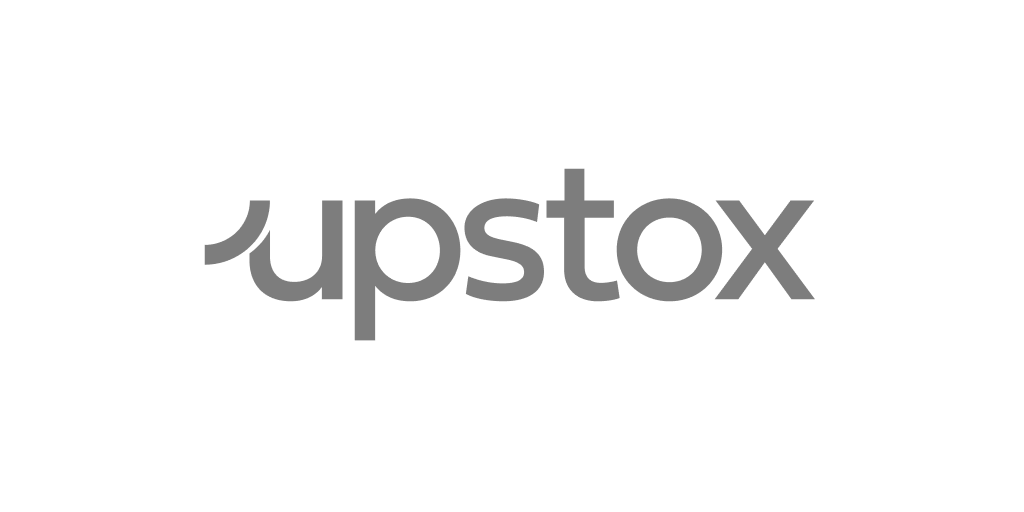Summary
Pre-IPO and start-up companies that are yet to meet the criteria to enlist in formal stock exchanges sell shares of the “unlisted” kind. With the help of the right broker, agent, or PMS, purchasing them should be as easy as buying listed shares, albeit with a bit of caution.
An unlisted share is a financial instrument or security that is not listed or traded on any formal stock exchange (such as BSE or NSE) and is available for trading over the counter, which is why they are also known as over-the-counter securities. They are usually not regulated and entail higher risks in comparison to listed stocks. Smaller companies that don’t make the cut in terms of listing fees or market capitalisation use this method to sell shares.
Types of unlisted securities:
- Government securities
- Corporate bonds
- Penny stocks
- Derivatives, such as swaps
Demystifying unlisted shares
Unlisted, listed, delisted, and relisted – these can sound very ambiguous, but they are not. A simplified football analogy will put things in perspective. Take for instance Lionel Messi. His talents have just been discovered but he is not playing formally (or signed with any club): he is unlisted. Grandoli, his first club, signs him and gives him a start: he is listed. Hypothetically, he retires in 2024 and has no formal signings: he is delisted. In 2025, he feels he still has it in him to win more titles and signs back on with a club: he is relisted.
The same applies to companies when they are traded over the counter (unlisted), then on the formal stock exchange (listed), voluntarily or involuntarily withdraw from it (delisted), and then are made publicly available again (relisted).
Capital gains from unlisted shares are taxed at 20%. Given that the minimum holding period is two years, there are provisions to make allowances for inflation and offset that rate.
How do you invest in unlisted shares?
The first question that anybody would ask, and quite rightly so, is that if they are not traded publicly or available on any formal exchange, how do you find and invest in them? Well, this next bit will tell you how:
- Purchasing stocks directly from the promoters: After having narrowed down on an unlisted company that shows promise, taking the help of a broker, wealth manager, or a reliable investment bank will help uncover the share price. Once done, they help establish communication with the promoter(s) of the company so that the stocks can be purchased. Furthermore, they may also help in getting access to other unlisted companies which they feel are worth investing in. Once purchased, they reflect in the Demat account.
- Investments through PMS: Professionally managed portfolios handled by Portfolio Management Systems (PMS) assess the risks and benefits by analysing market trends and making recommendations to you. They mix and match shares and formulate a strategy that maximises returns. Apart from having the convenience of letting the PMS do the heavy lifting, there are some advantages as well:
- The investments are diversified to reduce the possibility of losses
- Stocks are removed or added by the PMS based on their performance and market trends
- Purchasing employees’ stocks directly from them: Brokers and agents connect the buyer with employees who have ESOPs (employee stock ownership plans) and are willing to sell them at a negotiated price upon the completion of a specific period.
The risks of dealing in unlisted securities
While the thought of dealing in unlisted shares may seem appealing and lucrative, it is not without its share of risks. The following are some of them:
- Lack of transparency: Companies that are operating in the formal space need to declare their results at the end of the year and make announcements in the event of major updates. This is not the case for unlisted shares. Most of the information is available only at the end of the financial year, by when it may be a bit late for a shareholder to assess patterns and trends and take a call on shareholding.
- Limited liquidity: In the unlisted sphere, shares cannot be sold very easily. Long-term investors and promoters hold shares in low volume and the limited supply of stock makes price manipulation easier. They can be sold upon the completion of the holding period (which is usually two years) when the broker has another buyer or when the company goes public (IPO).
- Risk of fraud: The biggest risk in this sort of arrangement is that because the share isn’t listed formally, SEBI does not regulate it. Misinformation regarding share prices and sometimes even failure to deliver shares are among the possibilities.
- Incorrect valuation: In the absence of formal mechanisms, market forces do not regulate prices, making it possible for fraudulent brokers to manipulate prices to earn more in commissions.
- Lack of regulations: SEBI does not regulate this market, increasing the possibility of fraud. However, there are some mechanisms in place – such as DP charges and stamp duty for every transaction – to ensure some degree of accountability.
Summing up
It is mostly pre-IPO companies and start-ups that offer unlisted shares. A major part of this process is finding a reliable agent/broker to get the right information and negotiate the correct price. As attractive as they may seem as high-return instruments for the long term, it is imperative to ensure that the company being invested in has carried out its due diligence. With a little caution and help from the right experts, investing in unlisted shares should be an easy task and a profitable endeavour.
